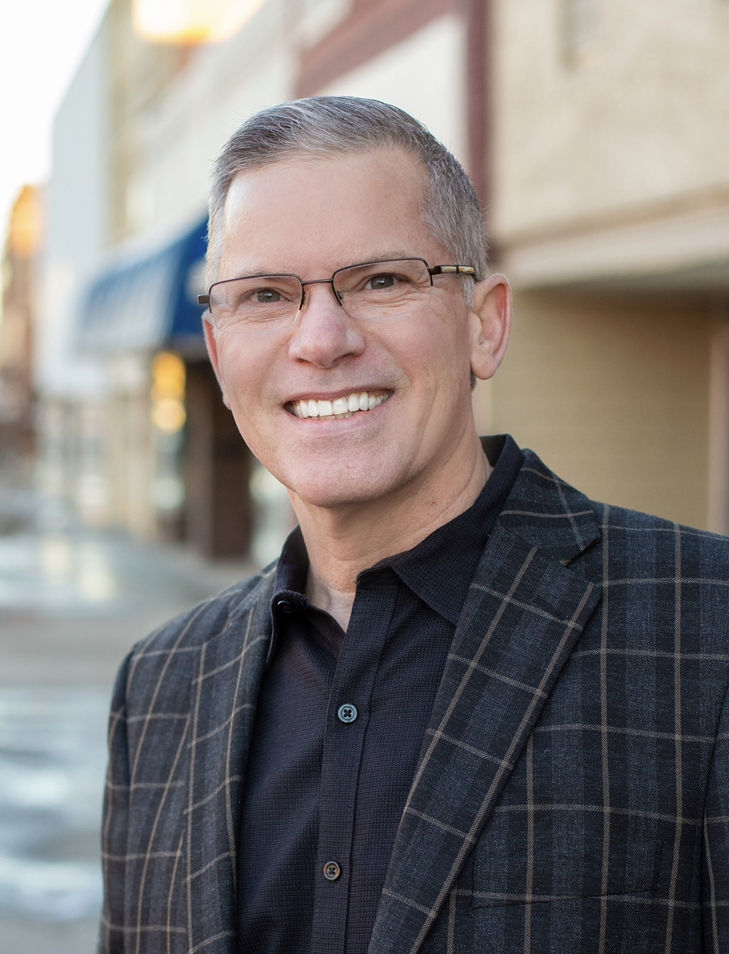
By Mark Dance
Our love for God fuels genuine compassion for others, but sometimes our fuel runs out. When compassion fatigue sets in on pastors, you can see it in their eyes and hear it in their voices.
While tough seasons of ministry are inevitable, do they really have to be open-ended? If you’re in a ministry sprint that never ends, you need to ask yourself whether you’re actually sprinting or merely surviving.
Pastors who love and lead on empty may be tempted to think it’s a normal part of their call to ministry. I can assure you compassion fatigue is neither normal nor admirable.
I’ve found three alternative routes that can help you avoid compassion fatigue altogether.
1. Say no more than you say yes.
Did you just flinch when you read that?
While pastors are servants who aren’t too good to do anything, we should also be equippers who aren’t too stupid to do everything.
I’ve heard many preachers implore people to put their “yes” on the table. I am outright begging you also to put your “no” on the table.
We pastors may have trouble saying no to people because we like to be liked and enjoy serving the Lord. However, if you make every issue your issue, you’ll end up embracing everyone else’s emergencies as your own.
People pleasers dig big holes by over-promising and under-delivering.
If you’re doing most of the ministry in your church, you’re heading down the predictable path of compassion fatigue. Giving ministry away affirms the giftedness of the body of Christ while simultaneously stewarding our gifts better.
2. Quit blowing off boundaries.
Healthy churches are led by healthy pastors who’ve learned how to pastor at a healthy pace. Make sure your calendar reflects your convictions, then communicate your work-life flow to your leaders and members.
Doing so provides a great discipleship opportunity to demonstrate God’s perfect plan for the rhythm Americans are trying so hard to achieve.
Pastors recharge their souls by connecting daily with their Savior at a time and place that offers the least interruptions. When history’s first pastors neglected the disciplines of prayer and the ministry of the Word, they stopped growing, as did their church (Acts 6).
We also recharge with our families when we protect our time with them. The simple way to connect with our family each day is to intentionally and literally disconnect from our ministry.
Compassion fatigue sets in when we set clear boundaries aside.
3. Make margin instead of waiting for it.
When pastors tell me how overwhelmed they are, it doesn’t take long to diagnose the source of their dilemma. They stopped stopping.
God modeled and commanded Sabbath rest for us, which literally means “to stop.” We need to create margin every single day so that we can sleep well. We need to create margins every week so we can recharge well.
Don’t brag about working hard, but also don’t apologize for resting hard. Exactly how and when you stop is up to you. While we all believe in the idea of Sabbath, the practice often eludes us, so we must be intentional about it.
The cold, hard truth is nobody in your church will make you stop. There’ll never be a long line of people wanting to police their pastor about his church-aholic tendencies, so choose carefully who speaks into your life the most.
It’s your choice whether to steward your time or allow it to be stolen. No pastor sets out to be a superhero, but if the cape fits…take it off anyway.

Mark Dance
After serving as a pastor for 27 years, Mark Dance is now the director of pastoral wellness for GuideStone Financial Resources and is the author of Start to Finish.








